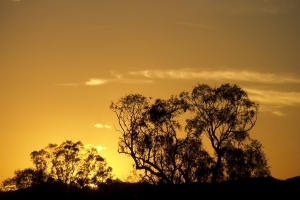
In the summer time, the kids in our neighborhood stay out late. As dusk looms, a small tribe of parents emerges from the townhouses to bring the kids indoors for the night. This is the perfect time to pause and enjoy a night garden as part of your evening routine.
For those of you who live in much warmer places, the night garden also gives you and your children a chance to enjoy resting in the garden. This summer has been a hot one, and going out in the noonday sun hasn’t always been a good and healthy option. As the air cools slightly in the evening and the sun starts to go down, make a trip to the night garden.
How do you create a night garden? Most gardens are constructed with the daytime user in mind. There are glorious colors of flowers and beautifully scented bouquets that open in the daytime hours. A night garden contains flowers that you can enjoy at dusk and in the evening.
What can you do in the night garden? Sit quietly and take inventory of the sounds around you. Listen to the raccoons if you have them, the birds slowly moving to their nighttime roosts, and the smaller animals moving around in the garden.
Use a flashlight with red cellophane over the top to watch bugs under the rocks and logs in the garden. They can’t see the red light, so they will continue their activities. Turn over a rock or a log and watch the invertebrates going about their evening business.
If you have a light in the garden, watch how the moths surround it. Those who live in the country or near a wild area may even spot bats darting in and out of the light to capture mosquitoes and moths.
Learn about night blooming flowers and plant some to enjoy. Beetles and moths and other night creatures pollinate these flowers. If you live in a tropical area, bats are also an evening pollinator. Flowers such as the Datura white moonflower and Night Jessamine (Cestrum nocturnum) give off a beautiful, heady scent in the evening. If you have small children, be forewarned that the Datura is poisonous to eat.
Do you enjoy a trip into the night garden?
Image courtesy of RobbyM at Stock Exchange.

